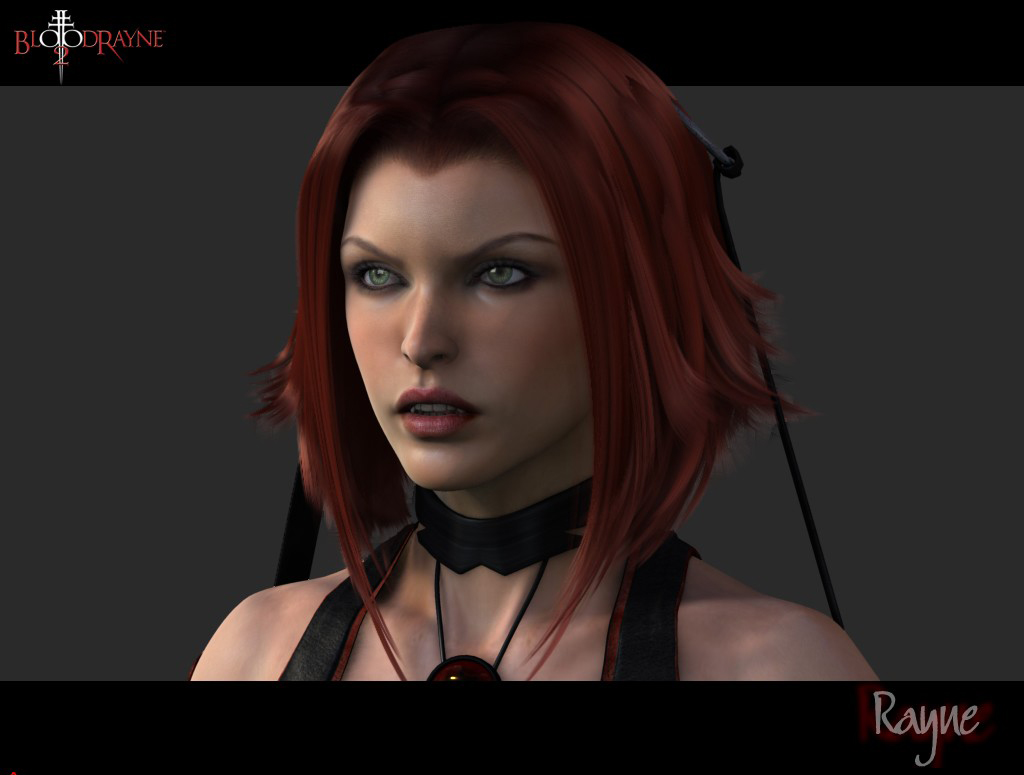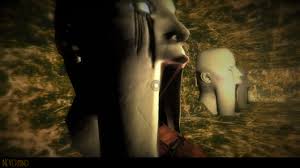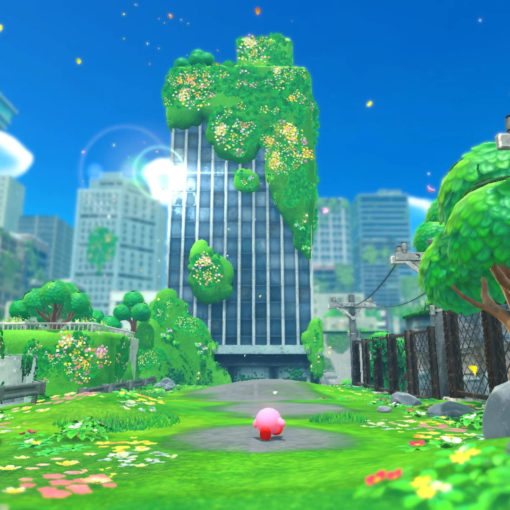Why Games?
I have a soft spot in my heart for slam poetry. I love words and I love music, and slam seems to find the balance between them. I’m also a huge nerd, so I was particularly happy when I found this gem by Rachel Rostad:
The thing about slam poetry is that, as powerful as it can be, the breadth of its influence is limited by the medium. While slam can be a bit more narrative than some forms of poetry, it’s still brief—given more to pithy statements than developed concepts.
Those limitations caused Rostad to get a good deal of negative feedback on her piece…and her response was beautiful. Most interesting to me was her response to the question of “Why Harry Potter?” Rostad says:
“I do not hate J.K. Rowling. I do not hate Harry Potter. If I did, I would not have been compelled to write this piece. I grew up on the books. I went to all the midnight showings (like I’m sure you all did). I love Harry Potter. And I do believe that Harry Potter, as many people have said, is all about equality and compassion…To those who ask, understandably so, ‘Why Harry Potter? Why not a better example of racism?’ I say ‘You’re right.’ Harry Potter is not the most racist thing ever. In fact, it is probably one of the more progressive popular series out there, but the point is that’s not enough. I think we should re-examine if we think that the representation of Cho Chang and other characters of color…is the end of racism and I think Harry Potter offers a great platform for this discussion because the series is so popular. The point is that racism isn’t just present in small niche cultures. My piece is not a critique on J.K. Rowling as much as it is on the repeated tokenization and fetishization of Asian women in popular culture.”
So why games?
This is a question that has been coming up a lot, both from the #Gamergate movement and similar audiences who want to know “What’s so bad about games, anyway?” and from feminist scholars who deal with other more “serious” (non-pop-culture) concerns. Like slam poetry, games are limited by their medium. While they can have amazingly developed narratives (as in FFVII, The Stanley Parable, Xenosaga, and Analogue: A Hate Story) and can deal with powerful and sensitive subjects (such as To the Moon, Brothers, and Papo & Yo), things get problematic when they become didactic. It’s the issue of gamification…you can teach through narratives, but if the point of the narrative is to teach it can easily become preach-y, forced, and false. In addition, games are interactive…which creates a particular challenge for game narratives, since they can’t be entirely prescriptive. The player must have some agency in the course of events, or else it’s not a game. The ability for games to be played “against” the intended message can make analyzing them difficult.
So, like Rostad, here’s my answer to why I choose to analyze and critique games:
I love games. I’m a gamer. I’ve lost more hours than I ever want to admit to grinding and replays and new-release downloads. I’ve said “just one more quest” over and over until birds start singing outside my window and I realize I have two hours before I’m supposed to get up and face the day. I’ve cried at games. I’ve used games to escape. I’ve taught with games and I’ve learned with them.
I don’t choose to critique games because I feel that they’re terrible or damaging. I critique them because they are wonderful and a huge part of my life and I want them to be a huge part of more lives…and part of loving them is realizing they aren’t perfect. And, the thing is, this is the same thing gamers have been doing for ages, which is why gaming is as big and as complex and as wonderful as it is. We look at a new game and say things like “The gameplay is fun, but the leveling system was really shit,” or “they really need to improve the timing with these controls,” or “I wish I could customize my character.” We critique gameplay all the time. I’m coming at it with a feminist perspective not because OMG! Games are so sexist, but because I looked at the thing I love and went “…we can work with this.”
And I choose to critique games and other popular culture because they are everywhere. They are consumed by men and women and academics and laymen and adults and children and young and old. Sure, some pop culture texts are shallow or lacking in nuance and maybe they aren’t as in-depth or theoretical as a lot of academic research…but that’s kind of the point. Let’s face it…academia is a bit of an ivory tower. The research we have access to depends on the price our institutions are willing to pay-either to providers or in salary so that we can afford to access them ourselves. Our journals and conferences speak to “small” (relative. It’s hard to think of CCCCs as anything but terrifyingly huge) audiences of experts. It’s challenging. It’s fun. It’s utterly important. And it’s limited. Texts created for “the masses” may lose some of the depth that gets put into academic works (though I think it’s unfair to think that’s true of all, or even most, of pop culture), but it’s accessible. It’s consumed. And if academia is the in-depth diagnosis of specific issues, pop culture is the yearly checkup. It might not say why society is the way it is…but it’s where problems start to become visible.
I’m not here to ruin gaming or rip it apart or point out all its flaws. I’m not an expert (the more I study, the more I realize how little I know). But I am a gamer and I believe games are important, relevant, and wonderful…even if they are sometimes a little bit sexist, too.




